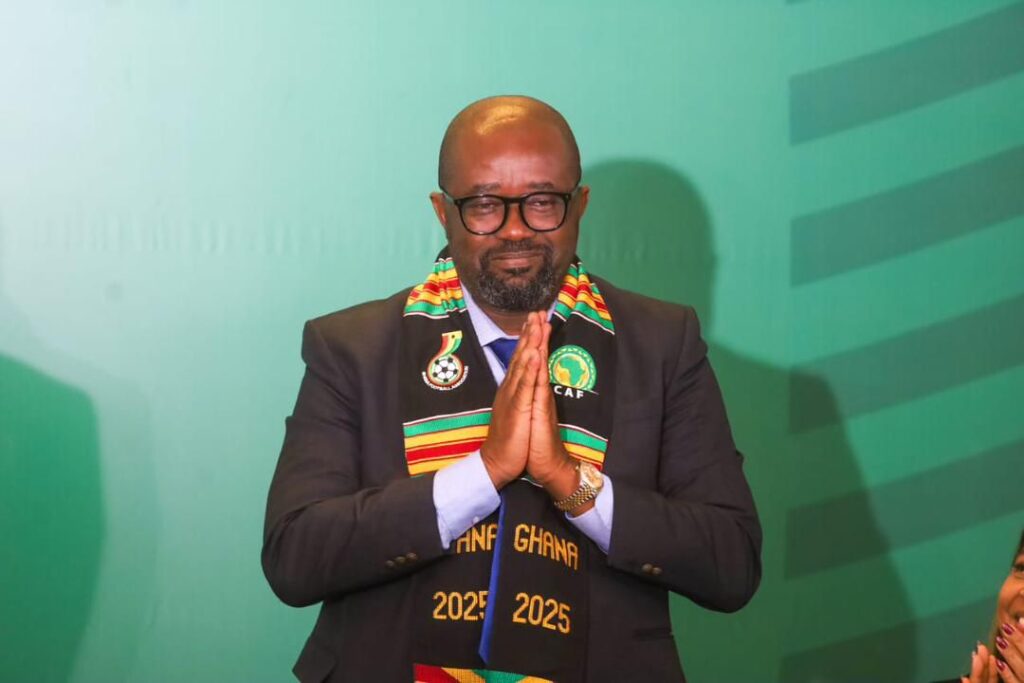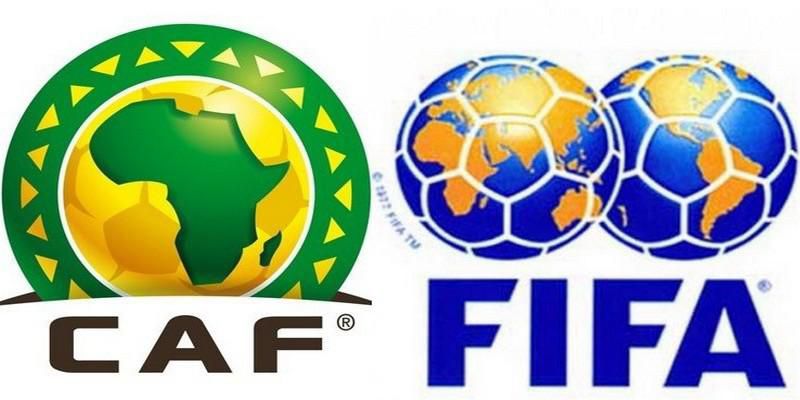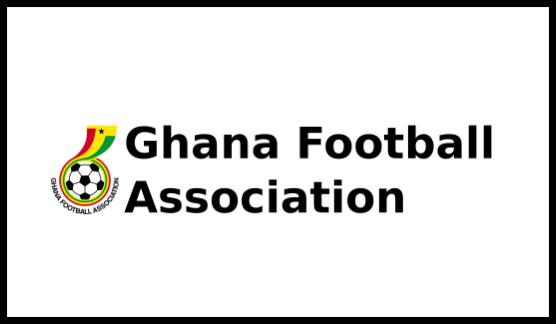GFA Congress Approves Major Governance Reform
GFA extends presidential term limit – In a landmark decision aimed at boosting stability and long-term development in Ghanaian football, the Ghana Football Association (GFA) has officially extended the presidential term limit from two to three terms. This move means a GFA president can now serve for a maximum of 12 years, if re-elected, instead of the previous eight-year cap.
The reform was unanimously approved during the Association’s 31st Ordinary Congress, held on Tuesday, August 12, 2025, in Prampram. The Congress brought together delegates from all 124 member bodies to deliberate on governance reforms, review progress, and outline strategic priorities for the upcoming football season.
According to the GFA, the amendment aligns the association’s statutes with those of FIFA and the Confederation of African Football (CAF) — a step seen as crucial for harmonizing Ghana’s football governance with global standards.
Article 37.4 Receives Key Overhaul
GFA extends presidential term limit – The changes were centered on Article 37.4 of the GFA Statutes, which covers the terms of office for the president, vice presidents, and members of the Executive Council.
GFA General Secretary Prosper Harrison Addo explained that the revision was made to align with FIFA’s governance model. Under the new provisions:
The president, vice presidents, and all Executive Council members will serve a four-year mandate.
Their term will begin immediately after the Congress at which they are elected and end at the Congress where their successors are elected.
No president may serve more than three terms, whether consecutive or not.
All vice presidents and council members are also limited to three terms.
This change not only impacts the president but extends to all senior officials within the GFA, allowing for up to 12 years of service if re-elected.

The amendment could directly affect the tenure of current GFA President Kurt Okraku, who is in his second term with two years remaining. If re-elected, Okraku could potentially serve until 2033, giving him more time to implement his development vision for Ghana football.
Supporters of the reform believe it will allow leaders to execute long-term strategies without the disruption of frequent leadership changes. Critics, however, may question whether extended terms could lead to complacency or reduced accountability.
Overwhelming Support from Congress Delegates
The decision was not without a vote — but the numbers tell a clear story. More than 90% of Congress members voted in favor of both extending the presidential term limit and introducing another groundbreaking reform: the creation of two vice presidential positions within the GFA.
Under the new arrangement, one of the two vice presidential seats will be reserved exclusively for a woman. This is a bold step toward improving gender representation and ensuring that women have a stronger voice in football leadership at the national level.

Alignment with FIFA and CAF Standards
GFA extends presidential term limit – By adopting this reform, the GFA has brought its governance structure in line with FIFA and CAF standards. Both global and continental football governing bodies allow their presidents and executive members to serve for up to three terms.
According to FIFA’s statutes, a president can serve for 12 years if re-elected, and vice presidents and other council members follow the same term limit. CAF’s rules mirror this approach, which is widely believed to promote continuity in leadership, especially in implementing large-scale development projects.
Aimed at Stability and Long-Term Planning
GFA extends presidential term limit – The GFA leadership insists that this decision is not just about tenure, but about ensuring consistent policies and strategies for football’s growth in Ghana.
“In football governance, four years can be a short time to execute a full development plan. By allowing three terms, we give room for long-term projects to bear fruit,” a GFA spokesperson said after the Congress.
This long-term approach could be beneficial in areas such as youth development programs, infrastructure expansion, grassroots football, and national team competitiveness.

Reactions from the Football Community
The news has generated significant discussion within Ghana’s football circles. Some stakeholders have praised the decision, highlighting the potential for stability and deeper strategic investment. Others, however, have expressed concerns about the risk of entrenching leadership for too long.
Sports analyst Kwame Boateng remarked:
“This reform is a double-edged sword. On one hand, it promotes continuity and allows long-term vision to be realized. On the other, it can potentially reduce the level of competition for leadership positions.”
Nonetheless, with overwhelming support from Congress and FIFA’s reported endorsement, the change marks a turning point in the governance of Ghana football.
The Road Ahead
GFA extends presidential term limit – With the statute change now in effect, the GFA enters a new era of leadership potential. The focus will be on whether this extended tenure will translate into tangible progress in domestic leagues, national teams, and youth development initiatives.
For many in the Ghanaian football community, the hope is clear — that this historic change will strengthen the sport’s foundations, bring greater success to national teams, and position Ghana as a formidable force in African and global football.
Table of Contents
Read also: NCA suspends 3 Wontumi radio stations and 6 others for Serious Regulatory Breaches

